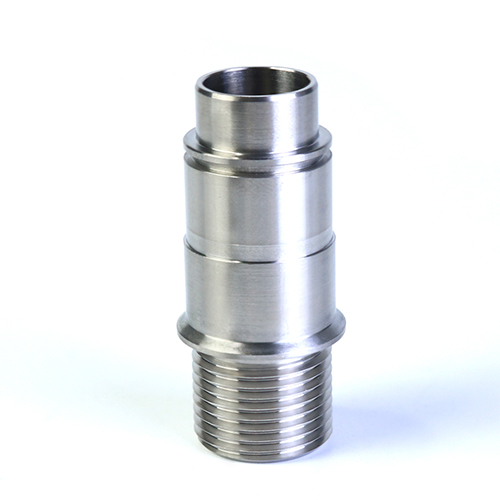In a rapidly evolving manufacturing landscape, prototype machining is emerging as a vital force behind product development and industrial innovation. From startups to global manufacturers, the ability to produce accurate, functional prototypes quickly and professionally is transforming how products are designed, tested, and brought to market.
With industries demanding shorter lead times, higher precision, and greater customization, professional manufacturing firms are turning to advanced prototype machining services to stay competitive and agile.
Precision at the Prototype Stage
Prototype machining refers to the process of creating one-off or small-batch components that serve as test models for final products. Using CNC (Computer Numerical Control) machines, manufacturers can rapidly turn CAD designs into physical parts with tolerances as tight as ±0.005 mm—far beyond what traditional fabrication methods can achieve.
Professional manufacturers utilize high-speed CNC milling, turning, and EDM (electrical discharge machining) techniques to craft prototypes from a variety of materials, including aluminum, titanium, plastics, and high-performance alloys.
Fueling R&D and Time-to-Market Gains
Prototype machining is playing a critical role in industries where speed and reliability are paramount. In sectors like aerospace, medical devices, and robotics, development cycles are often constrained by testing deadlines and regulatory compliance. Professional machining services allow engineers to iterate faster, test more efficiently, and move to full production with confidence.
Professionalism in Every Detail
What distinguishes prototype machining in a professional manufacturing context is the emphasis on repeatability, documentation, and quality assurance. Professional shops employ certified machinists, run climate-controlled environments, and follow strict inspection protocols to ensure each prototype meets design specifications exactly.
Quality standards such as ISO 9001 and AS9100 are increasingly common among prototype machining providers, especially those serving regulated industries.
Embracing Digital and Sustainable Solutions
The rise of digital manufacturing has further enhanced prototype machining capabilities. Cloud-based design collaboration, digital twins, and AI-driven optimization are making it easier for engineers and machinists to work together in real time—across continents if needed.
Sustainability is also becoming a factor. Many professional machining firms are adopting low-waste processes, recyclable materials, and energy-efficient CNC systems to align with environmental goals.
Post time: Jun-09-2025




